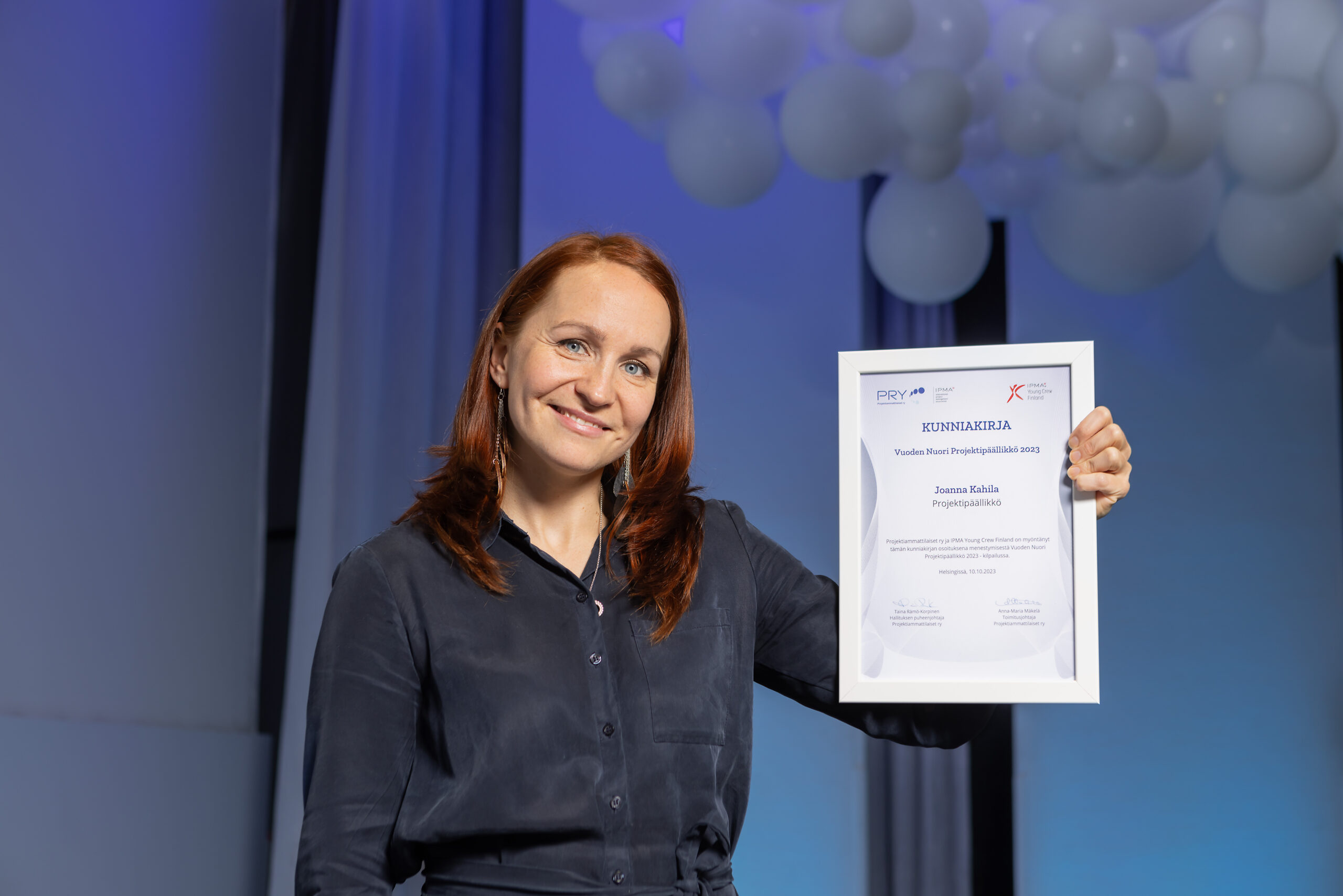What many people don’t realise is that project management skills could be an international export. The tax administration’s (Verohallinto), project management has a good reputation worldwide.

Taxation crosses borders in many ways, but there is another aspect of our work that is of international interest: working methods, project management and the skills needed to structure work.
At the Tax Administration, we implemented the largest development project in our history, replacing 70 tax systems that were at the end of their life cycle with a single off-the-shelf software package. For us Finns, the change was reflected in the launch of OmaVero. Almost 50 tax administrations or other public actors have been introduced to the project’s management tools and the project’s know-how is being exported worldwide.
Taxation is surprisingly international

Project management is an important Finnish export product.
In the tax administration, it is quite commonplace to participate in various international activities: working groups, meetings, sharing experiences and practices. We also have three ongoing international projects with the tax administrations of Cyprus, Tanzania and Kenya.
In April, the Cyprus Tax Administration launched the first phase of its e-government services and new operating model. We have been supporting the transformation since 2020 with lessons learned from the Valmis project and with the help of the EU DG reform.
In Tanzania, since 2018 we have supported the development of tax control and the introduction of customer-oriented thinking and practices. In Kenya, we are currently launching support for the development of customer registration, which is essential for a functioning tax administration.
In addition to working on projects, the Tax Administration lends individual experts for international assignments. In September 2022, I will be seconded to Paris as the Nordic representative. I will be working in the secretariat of the Forum on Tax Administration (FTA) under the OECD to build a governance model and programme for digital transformation, including projects. Around 50 FTA member countries want to achieve economies of scale by designing and implementing tax reforms together and more effectively.
Myths about the Finnish environment
In Finland, there is less politicking in the workplace and it is somehow easier to get projects through. I have also heard that as people and employees we are result-oriented, competent and easy to manage.
Personally, I think differently: We just take project management seriously, i.e. we train and value project management as a profession.
At the heart of project management is the creation of structures that support project-based work. We Finns, as a nation of engineers, are good at defining practices and processes that work in practice and keeping the project wheels turning. Well implemented, functioning and maintained processes are a prerequisite for projects to really move forward and work.
We are also well trained in project management and are familiar with project processes, terminology and logic. This may not always be the case in the world. The basics, such as terminology, the need to define the objective and the scope of the work, need to be constantly revisited.
Collaboration and communication skills are crucial
In an international environment, the skills of collaboration and communication are emphasised. As the number of cultures and languages increases, so does the potential for misunderstanding and conflict.
I have learned that transparency and sharing plans and expectations for the project, and involving the parties from planning to implementation, is very important. Views need to be sold and justified far more than in the domestic playing field. It is good to present the issues in a positive but neutral way that takes into account the views of the different parties.
I’ve also learned that you need to take plenty of time to clarify the goal, go through your plans and listen to people’s views. When a decision is taken in Finland, it is usually followed by its implementation. In some cultures, making a decision means that the discussion is just beginning. So there is a real need for sales pitches and resilience.
Our expertise is in demand
Sometimes you hear people say that sales and negotiation skills are difficult for us Finns. This argument perhaps stems from a way of working that I see as our strength: We are adept at building a value system based on trust. We are compassionate and capable of selfless action, which may sometimes seem unusual in a world of competition and individualism. But it is an absolute strength when it comes to getting projects through, which is perhaps why we are often so successful in our work.
Author

Virpi Pikkarainen
Project manager
Tax Administration (Verohallinto)
Virpi has over 20 years of experience in leading business change projects.
He is currently on secondment at the OECD in Paris.


